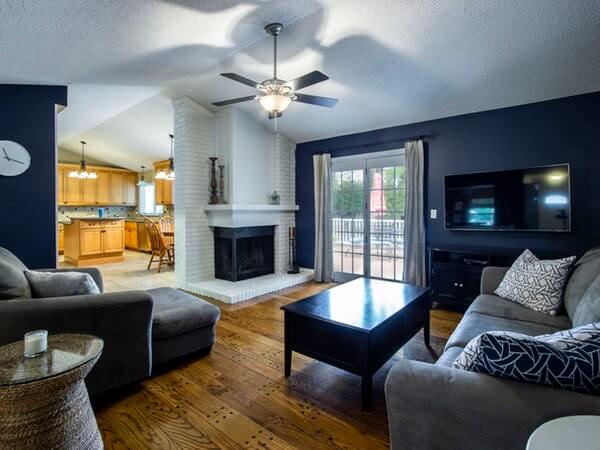
Signing a lease essentially locks you into a rental agreement for a predetermined period. Although most leases last between six months and one year, some cover periods that are substantially shorter or longer. While leases are legally binding, it’s entirely possible for property owners to release tenants from them, thereby allowing them to vacate residences without facing a penalty. Needless to say, some landlords are more amenable to this than others. Renters who want to be released from their leases may find that their landlords are sympathetic if any of the following scenarios apply.
You’ve got a New Job
If you’ve got a job that requires relocation, there’s a good chance your landlord will let you out of your lease. Keep in mind, however, that he or she is well within their rights to request proof. This can come in the forms of emails, postal correspondence or text messages. If physical proof isn’t enough, have your new employer place a call to the landlord to assure him or her that this opportunity is contingent upon your relocation.
When shopping around for 3-bedroom apartments in Omaha, take care to read each building’s policies on breaking leases. This will provide you with a solid understanding of what to expect if you request to be released from your lease.
You Can No Longer Afford the Apartment
Being unable to afford rent is arguably the most common reason apartment dwellers ask to be let out of leases. This can occur for a variety of reasons, with job loss being chief among them. Roommates moving out without warning is another reason rent becomes unaffordable for apartment residents. In cases like these, landlords will often release tenants from their leases, as there’s no point in keeping them around if they can’t afford rent. Instead of taking legal action against these individuals, it’s generally easier and more cost-effective for property owners to cut their losses and focus on finding new renters.
Excessive Maintenance Issues
Of course, leases aren’t always broken as a result of a tenant’s actions. In some cases, the blame falls squarely on the property owner. If you’ve experienced frequent maintenance issues with your apartment or have found the property to be untenable or unhealthy, you’re fully justified in requesting a release from your lease – especially if the property owner has made no effort at fixing the problems you’ve reported. When dealing with issues of this nature, it’s a good idea to make a record of every correspondence you’ve had with the property owner, as this will illustrate that you’ve made consistent efforts to resolve the situation.
Depending on the attitude of the property owner, getting out of a lease can be a stress-free undertaking or an absolute nightmare. Fortunately, while some landlords can be unreasonable, many are surprisingly understanding when tenants clearly spell out their situations. When looking for ways to get out of a lease, being affected by any of the previously discussed situations is liable to help your chances.

